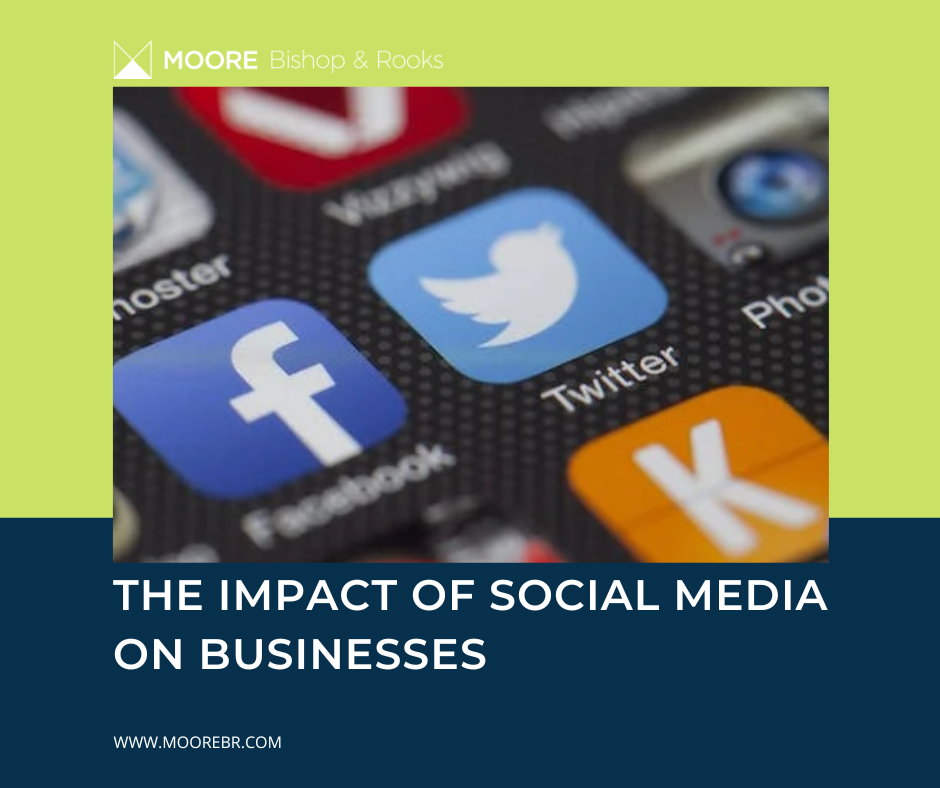The term social media refers to forms of electronic communication that enable individuals and communities to gather, communicate, share personal messages, share various types of information, and in some cases collaborate or play.
The increasing importance of social media for individuals on a personal and professional level is clearly apparent. The benefits of using social media include creating networks and spreading information more rapidly and to a wider audience than is possible with traditional communication channels. However, there is no control over members of the public posting unverified information online which traditionally has been regarded as the unique domain of specific professions. There are also legal and ethical risks to professionals who engage in social media as part of their professional practice well as the clients or patients whom they serve.
Although social media forms are constantly changing, over the last few years blogs, LinkedIn, Facebook, Twitter, Instagram, TikTok, Snapchat and YouTube have proved to be some of the more popular social media tools.
A study by Hootsuite found that there are now 3.196 billion people using social media, up 13% from last year. Another Hootsuite study saw that 11 people joined social media every day. For Instagram, in particular, they found the total number of global Instagram users increased by a third over the past year. More and more users join social media sites every day. Meaning there are a lot of opportunities to be seen. In recent times, social media channels have evolved with the speed of light. This translates to a fundamental truth: if businesses want to survive, they will need to leverage on the power of social media especially because their target audience connect at different levels with their favorite brands.
Traditionally, consumers used the internet to review content, obtain information and to buy products and services. Social media has become a powerful workplace tool and can be used to improve professionalism and communication, recruitment, networking as well as a powerful marketing strategy.
Depending on the age of your target market, the platform you chose to use will have a significant bearing on the success of your social media marketing efforts.
Instagram, for example, is ideal for your business if most of your customers are under the age of 35, with 67% of gen Z and 58% of Millennials using the app on a daily basis.
Facebook and LinkedIn are widely regarded as the best social media platforms for businesses in the financial and technical niches, whereas YouTube and TikTok are best suited for businesses in the art and media industry. LinkedIn is the best social media platform for business professionals. It is undeniably one of the largest social networks in the world, with over 830 million active users.
It’s a network full of highly influential professionals, who can partner with your business and help increase your sales and reach.
It can also be a great resource for hiring people for your business, allowing you to see their full CV and work history.
TikTok is ideal for the beauty, fashion, and art industries. It has most daily users under the age of 18. If your target demographic is even younger than that, you should consider TikTok.
Social media platforms are evolving, and each has its own personality. Facebook is not Twitter, and Twitter is not LinkedIn. It means that your business has to formulate a social media strategy that clearly aligns its goals with other areas such as content marketing, search engine optimization, etc. These would give your business a fair idea of what type of value it can create for its loyal social media followers.
People are looking for value, therefore your company must always provide it by sharing high-quality content. For example, visual content receives more shares than regular social media content, your business should use photos and videos long as they add value. So, if you are wondering what you can do to improve your engagements and attract new customers, think about creating or updating your online content strategy. Giving yourself a competitive advantage might just come down to producing great, thought-provoking content that engages your target audience.
Clients are online regardless of the size of your business (small or multinational). Social media is used to interact with friends, colleagues, and other businesses, as well as to seek information and recommendations.
The use of social media has become extremely popular and important because it helps create an identity for your products and services by exposing your business to potential clients.
